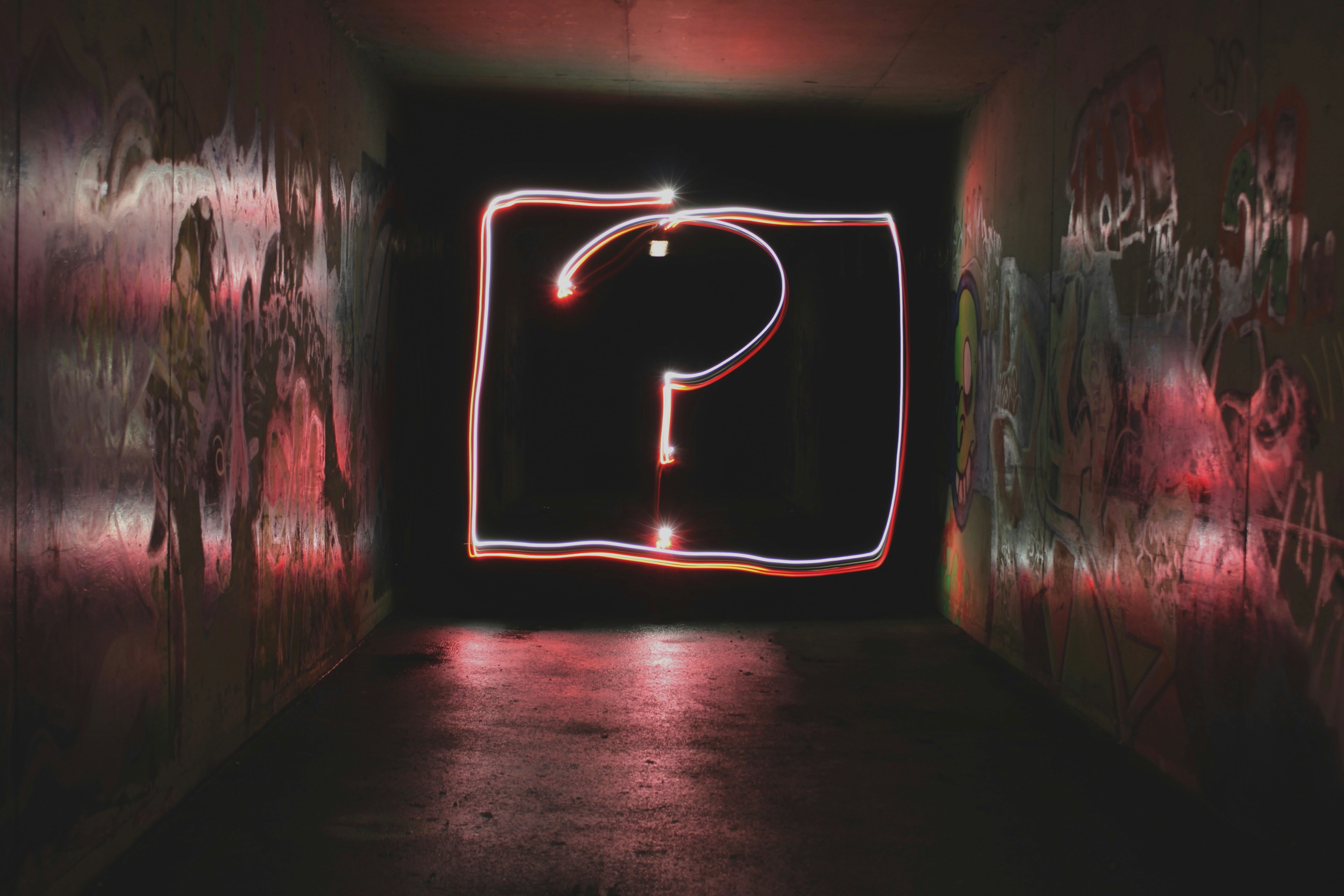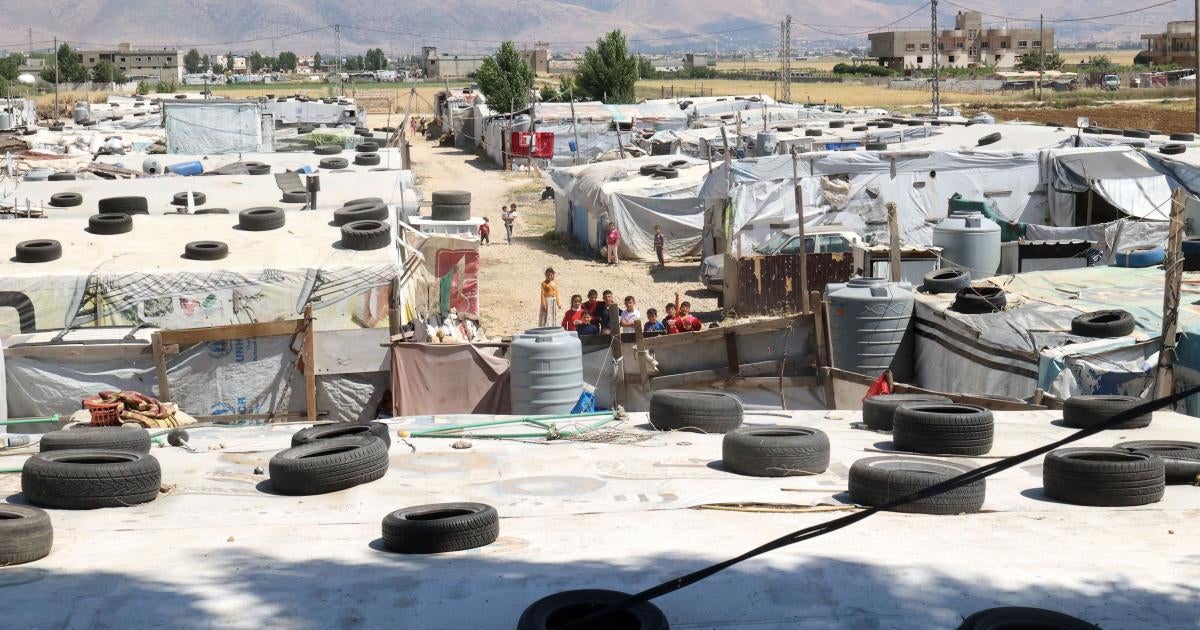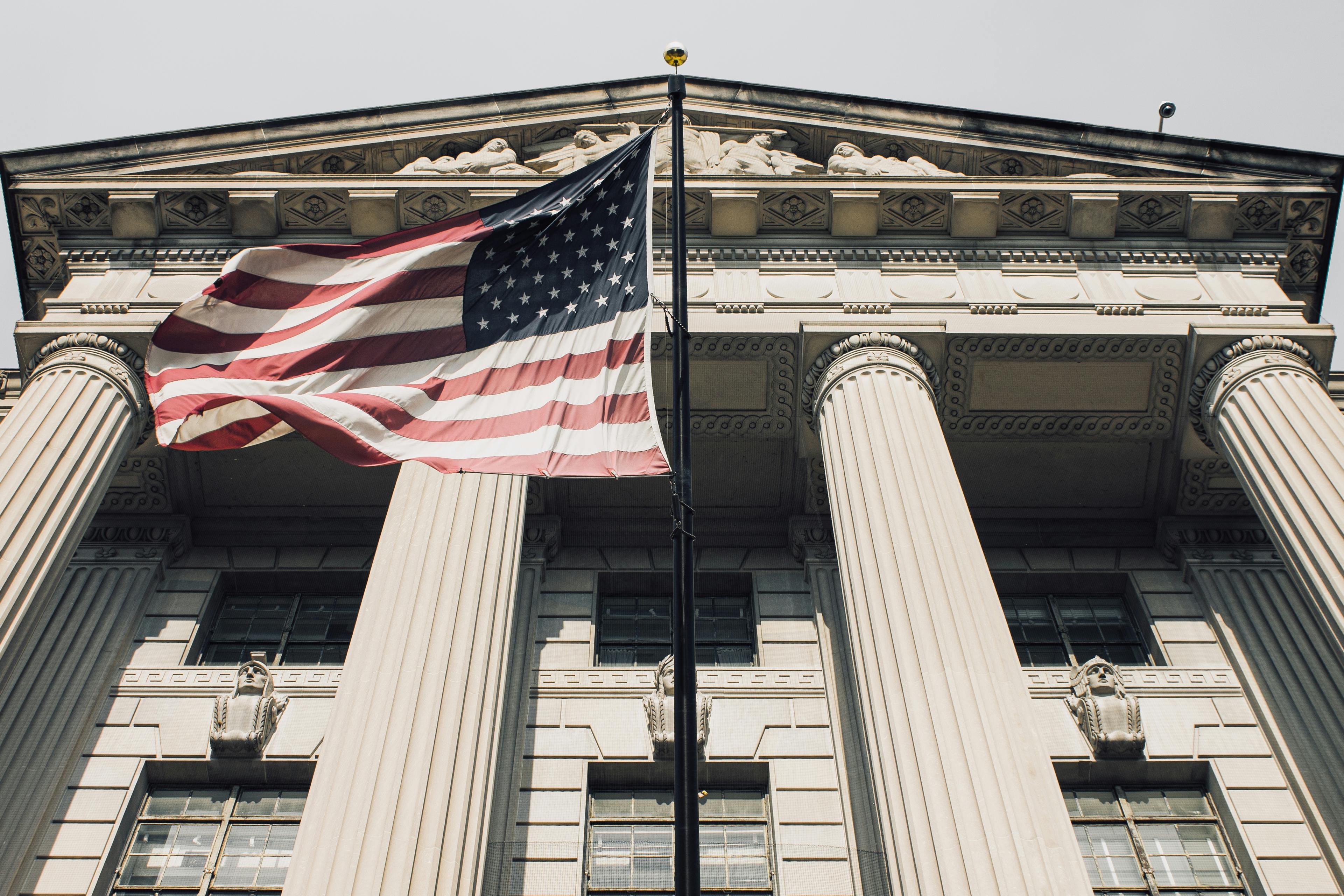
‘Harry & Meghan’ Review: Netflix Docuseries Takes a Lot of Time to Reveal Very Little
In the third episode of Netflix’s Harry & Meghan, the Duke and Duchess of Sussex reflect on their very first interview after the official announcement of their engagement. As they recall, it was “rehearsed,” an “orchestrated reality show” rather than an authentic accounting of their relationship. “We’ve never been allowed to tell our story,” Harry remarks. To which director Liz Garbus (Love, Marilyn), from off camera, responds, “I guess that’s why we’re here.”
This docuseries, then, is intended as an opportunity for Meghan and Harry to finally speak their truths — albeit through Garbus’ lens and not necessarily in “the way we would have told” them, as the princess noted in a recent Variety interview. It is unsurprising that the portrait ends up a flattering one, sympathetic to their trials and scrupulously respectful of their perspectives.
Related Stories
Harry & Meghan
The Bottom LineNot as fresh a perspective as Sussex fans might hope.Airdate: Thursday, Dec. 8 (Netflix)
Director: Liz Garbus
What it does not turn out to be is essential. When a subject declares that they’ve never been “allowed” to tell their side before, a viewer might reasonably expect what follows to yield unanticipated details or novel insights. Yet despite extensive interviews with the couple both together and separately, despite never-before-seen footage of their private lives, Harry & Meghan offers too little that feels fresh enough to merit its luxurious six-episode sprawl for all but the most fervent royal watchers.
To Garbus’ credit, Harry & Meghan is shrewd enough to acknowledge that Harry and Meghan’s love story cannot be extricated from what it came to mean to the broader public. The first three chapters that premiered Thursday chronicle the romance from the very first Instagram-aided introduction to the eve of their wedding — presumably, the other three arriving Thursday, Oct. 15, will cover the wedding itself and “Megxit” — as well as an overview of Harry and Meghan’s upbringings, with assists from friends and colleagues. (Abigail Spencer, Serena Williams and Prince Seeiso of Lesotho are among the higher-profile participants.) But they also include interviews with academics outside the Sussexes’ inner circle to provide cultural context, connecting the racist vitriol visited upon Meghan to the 2016 Brexit vote specifically and Britain’s history of colonialism more generally.
Problem is, these conversations around Harry and Meghan aren’t new, and Harry & Meghan settles for rehashing them instead of spurring them forward. We hardly need a talking head to remind us that Meghan was initially touted in the press as a symbol of a modernizing, persifying monarchy before being targeted for her race; anyone who cared about any of it in the first place witnessed that shift firsthand over the last six years.
It might have been more fruitful to probe the naïve-in-hindsight expectation that Meghan could be, as historian David Olusoga puts it, “a way of having those difficult conversations” about race that British society has avoided for too long. Or to interrogate what purpose the British monarchy serves in the modern era at all, other than as a perpetual-motion publicity machine.
Likewise, although Harry & Meghan grants the couple a chance to recount their courtship and family life in exhaustive detail, most of what is shared here is simultaneously too specific and too vague to offer much insight. There are cute bits, like a private video of little Archie watching hummingbirds with his dad, and sad ones, like snippets of the anxious video diaries Meghan and Harry began keeping around their step down from royal duties. But a shaggy anecdote about Harry showing up 30 minutes late to a first date tested the limits of my appetite for anodyne celebrity gossip, and I’m speaking as someone who regularly flicks through DeuxMoi’s Sunday Spotted stories on Instagram.
Indeed, one of the unwitting genuine reveals of Harry & Meghan is, to put it bluntly, how unremarkable Harry seems as a flesh-and-blood inpidual — handsome, clever and well-meaning, sure, but in fairly ordinary ways that only serve to emphasize how much of the massive attention placed upon him can be attributed to the accident of his birth, rather than to any particular positive or negative achievement on his part. (By contrast, Meghan’s pre-Harry journey is built around the familiar all-American arc of a middle-class girl who became a TV star, lifestyle guru and activist through passion, pluck and hard work.) This is, in a way, the point: Through the personal story of Meghan and Harry’s romance, Harry & Meghan seeks to tell a story about the institution itself.
The approach has certainly been successful before. Among other things, it’s what made that Oprah interview feel even more explosive than the usual celebrity tell-all, and what’s powered The Crown for five seasons and counting. But Harry & Meghan never resolves the tension between its aim to tell the true and intimate story of the Sussexes as they experienced it and to take a broader, more critical view of what the story means.
It is sincerely lovely that Meghan and Harry feel empowered to speak up after years of suffering at the hands of a media more interested in exploiting their trauma than in understanding them as people; if the docuseries succeeds in anything, it’s in showing the British royals’ celebrity for the oppressive gilded cage it is. It’s just a tad disappointing for the rest of us that so much of what they have to say sounds familiar, and that so little of it treads new ground.


































































